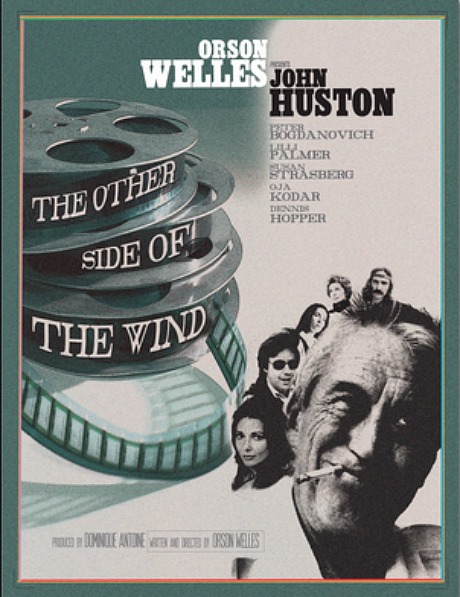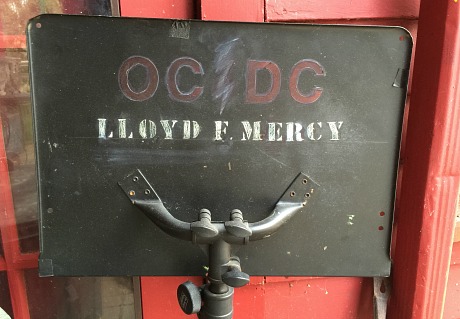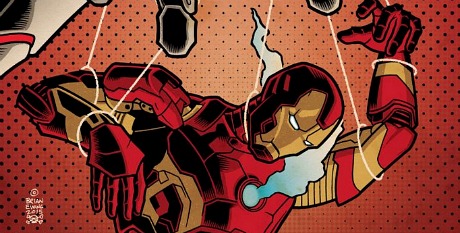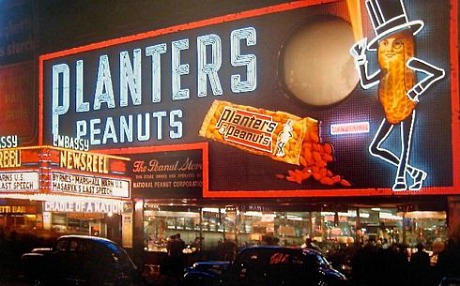A few weeks ago I wrote that any chance of a restored, full-length version of Orson Welles‘ never-completed The Other Side of The Wind, shot in fits and starts from the early to mid ’70s, being assembled and screened in time for Welles’ 100th anniversary was out the window, and that it might be viewable later this year at best. Now even that scenario sounds doubtful. During last night’s Indiana University panel discussion about Welles’ legacy, explanations were offered about why the work hasn’t even begun. On 4.30 Wellesnet.com’s Ray Kelly reported that producer Jens Koethner Kaul had stated that Wind producers “have been stymied by distributors unwilling to finance the project without first seeing edited footage. Producers Filip Jan Rymsza, Frank Marshall and Jens Koethner Kaul need money to edit the negative, which has been stored in a Paris vault. But those with the money want to first see edited footage before committing funds.”

In short the same cash-starved uncertainty that has bogged down The Other Side of the Wind for decades is still alive and well. The project has become a pipe dream, and could almost be described in farcical terms. What kind of money do the editors need? Enough to cover rent, food, toiletries, fresh underwear and a handful of Paris metro tickets? Or do they “need money” in the way that Humphrey Bogart‘s Billy Dannreuther needed it? (In Beat The Devil he noted that “without money I become dull and listless and have trouble with my complexion.”) With Welles’ centennial birthday happening on Wednesday, 5.6, the Other Side balloon is all but deflated.
Hollywood Elsewhere to Steven Spielberg: You cared enough about Welles’ legacy to buy the Rosebud sled. Why not be a secret godfather and help out some? If you do the right thing HE pledges to stop all Spielberg bashing for a period of…uhm, six months?
The bottom line is that would-be distributors want assurance that the film has at least some commercial value. Will anyone other than serious Welles loyalists want to pay to see it? It’s a fair question.












